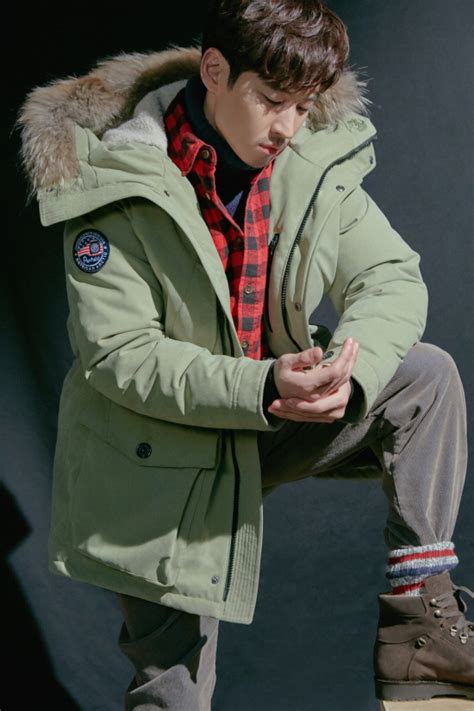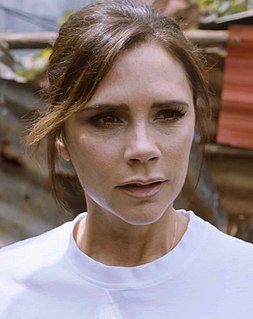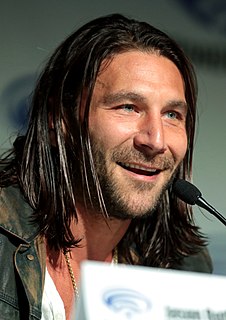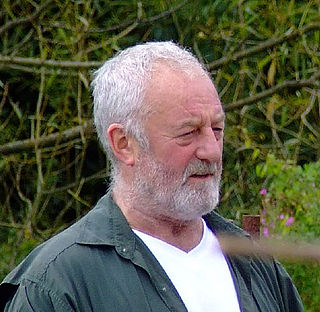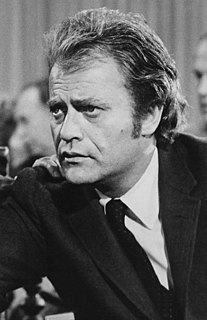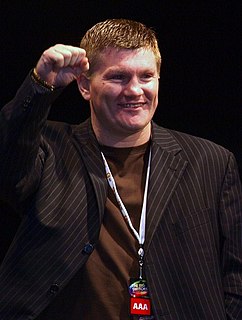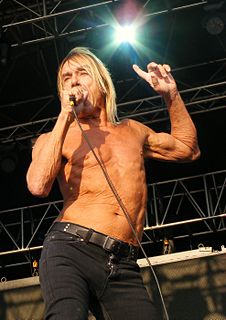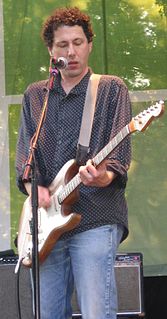A Quote by Hoon Lee
When you look at a character and you're like, "Wow, that's really unexplored terrain for me and there's a lot happening here and different angles to him," and you're not sure what his motives are, you've got a good shot at working towards something interesting.
Related Quotes
The expectation is this low, gravelly voice for John, but I went through his early recordings and there were songs in there where the voice was so different, I wasn't even sure if it was him singing, ... So it was interesting to me that we would see him develop the Man in Black sound. I thought it was really important that his voice change as his persona slowly solidified. The music was really the doorway into the character.
There are novels that end well, but in between there are human beings acting like human beings. And human beings are not perfect. All of the motives a human being may have, which are mixed, that's the novelists' materials. That's where they have to go. And a lot of that just isn't pretty. We like to think of ourselves as really, really good people. But look in the mirror. Really look. Look at your own mixed motives. And then multiply that.
As you do on any cable series, if they introduce you as the villain, then you better start working towards making him a really good guy, or if they introduce you as a really good guy, then you better start working towards being the villain. Your character has to go somewhere, or else they become very uninteresting.
You're always choosing the start point and the end point. And almost by definition, the most interesting period is where something happens, as a result of which something is different at the end. And so to me, the idea that you know everything about a character at the beginning is sort of ridiculous. Something has to be revealed. I like it when the deeper you go with the character, the more you see the layers start to peel away. It's more challenging to me, but it's also just interesting. Those are the things I like to watch. I like to watch the evolutions of something.
I thought, "Wow, it sounds really stoned anyway." It sounded good to me. I found out that there was a lot in there. What all this comes down to is I was just trying to get in touch with myself. And I met some interesting people in New York who weren't in show business. I even got to know my dentist.
I let some people down, like Triple H, who had a lot of faith in me and took me under his wing. Ric Flair would never say it, but he loved me like I was his kid, and he was like a dad to me on the road. I'm sure I let him down somewhere along the way. These guys really invested a lot of time, faith, and energy in me.
I think that a lot of the time I don't go for something in particular. I see what comes to me, I filter it out. I never really strive to play a particular character or do a particular genre of film. As long as it's a good script and a great range of people and my character is really interesting I can't see any reason not to do it.
I got my shot at the movies. I love doing standup live. I didn't know what I wanted to do. I wanted to try movies, so I gave it a shot. I had two shots and I didn't really do it. That wasn't really happening for me. On the second movie I got to meet the girl that would be my wife. So I got to hang out with her and get engaged, and get the whole wedding thing. It was really great.
In terms of performance, something unexpected is always good, it's preferable if it's unexpectedly good. But unexpectedly bad has a lot to say for it as well. It's always nice to be able to look back on a show and say, "Oh, that's the night that this happened," and a lot of the worst memories are better than the shows with no memories. A good rehearsal is a lot harder to describe. A lot of rehearsals that end up feeling best are the ones where something really bad was happening, and you just kind of got past it and fought through it. Just dealing with things that are inevitable.
